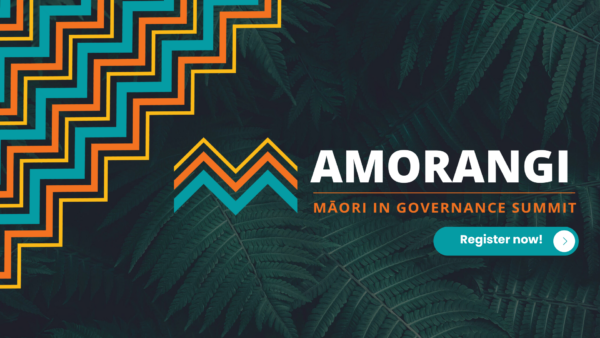Managing diversity, encouraging creativity and building capability must rank at the top of successful manager’s list of priorities in today’s global economy.
Knowing how to manage an increasingly diverse workforce in today’s globally connected world and knowing how to manage this diversity in world that requires high levels of human creativity and innovation to compete in business effectively, were two of three central themes that underpinned the recent AHRI National Convention in Sydney. The third theme focused on management’s need to build the right capabilities into their organisations and themselves.
These themes effectively linked the presentations of three of the convention’s keynote speakers: professor Fons Trompenaars, one of the world’s top five management consultants and author of Riding the Waves of Culture: Understanding Cultural Diversity in Business; Christopher Bartlett, professor of business administration at the Harvard Graduate School of Business and author of The Transnational Solution; and professor David Ulrich of the University of Michigan and author of Human Resource Champions.
Trompenaars focused on innovation and its impact on the development of leadership capabilities. Innovation, he says, combines values that are difficult to join, are scarce and therefore profitable, and require high levels of management and organisational capability. His research identifies several common dilemmas that arise in organisations and illustrates why there is need to build management and organisational capabilities.
The top three are:
1)Develop people but also become more cost conscious and results oriented.
2)Supply products and services that enhance community-wide reputation but at the same time supply products that clients and customers want.
3)Develop standard global products, services and systems but also provide flexible products, services, and systems that respond to local situations and needs.
The management of this evolving situation requires balancing act delivering critical tools such as values, vision, strategy and goals to pull the organisation together for common cause while simultaneously allowing the tensions and dilemmas arising from increasing diversity to run freely enough to achieve innovation and creativity. This, Trompenaars says, is why there is an ever increasing focus on building leadership capabilities in organisations to embed the vision and values in behaviours and systems and processes to make things work and to reconcile the dilemmas.
Bartlett focused on what he sees as major change in management practices worldwide. He believes management approaches that have been successful in the past in managing financial capital are now constraining the competitive advantage needed from the human capital in an organisation.
From the mid 1980s to now, management has had to evolve to lead continuous renewal and ongoing restructuring and change.
The new emerging model focuses on building organisational capability and needing to know how to build the engagement of the people in the organisation, Bartlett says. Management has shifted from concentrating on strategy, structure, and systems to purpose (economic and social), process (dynamic relationships, culture, and values), and people (now being seen as the biggest strategic asset of the organisation).
The critical issue for people managing organisations in the future will be how to ensure the organisation is highly flexible and how to keep building and re-building organisational capabilities. Underlying Bartlett’s research is, again, the theme of the importance of having high level of diversity in the organisation to keep challenging ideas and maintain flexibility and development.
David Ulrich has researched leading worldwide organisations for the past 20 years to identify the key competencies required by managers to impact business performance. His research suggests the ability to build capability into the organisation is major trend.
Ulrich describes building organisational capability as the ability to “build intangibles”. The organisation is not structure but collection of capabilities and these are what the organisation is known for or is good at doing, he says. The right capabilities turn strategy into action and produce sustained results. He defines ‘intangibles’ as being part of hierarchy of development (see table).
In future managers will be faced with:
1)Doing more with fewer people leading to the need for increased engagement.
2)Finding and developing the next leaders to take over as there will be scarcity of people.
3)Planning for their own learning and development as they need to build their own capability as well as that of their organisation.
With all these new challenges, managers who succeeded 30, 20, or even 10 years ago would be less likely to succeed today unless they achieve radical change in mindset and skill mix.
There was remarkable link between the main themes covered by these three speakers. Today’s managers must know how to manage diversity due to increased globalisation and also be able to encourage and utilise this diversity to deliver continuous innovation and flexibility.
Today’s managers also need strong human capital, as well as financial capital, development skills and experience covering employee engagement, building effective cultures and behaviours to implement strategy, and the ability to make effective organisational change. All of these things will help managers build effective organisational and personal capabilities that will sustain the organisation.
Kevin Gaunt is the chief executive of the New Zealand Institute of Management Northern Region.











